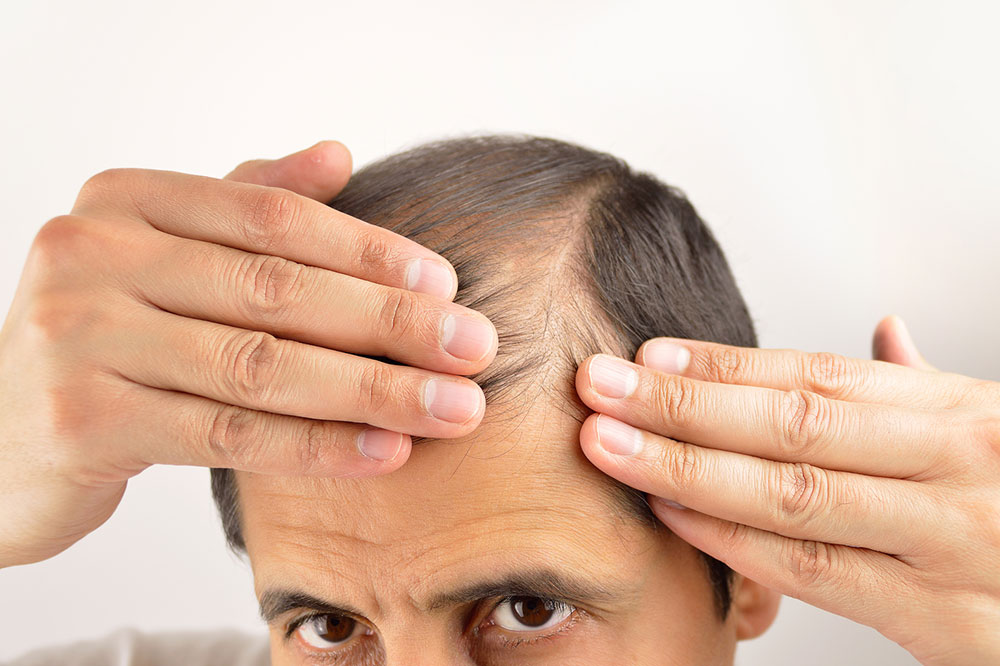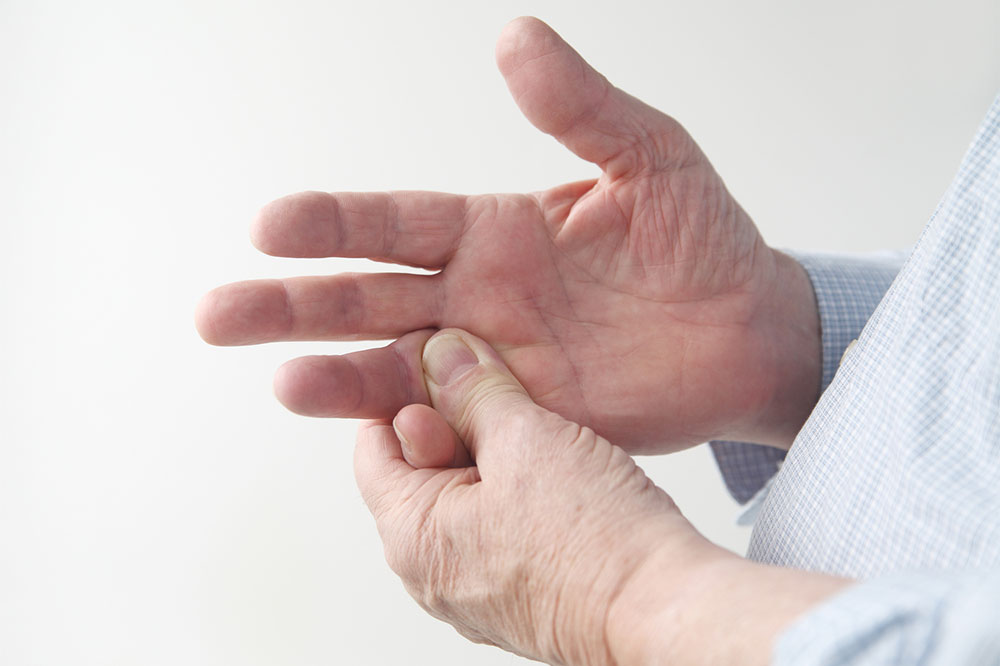6 unhealthy habits that can affect eyes and vision

Eye care is an integral aspect of one’s general health. However, unbeknownst to many, certain unhealthy nutritional and lifestyle habits can trigger damage to this vital organ. It can include staring at the screen for longer periods, constantly rubbing one’s eyes, and more. Such habits can lead to complications such as eye fatigue and damage to the cornea. Awareness of such unhealthy habits might help one manage them and keep such complications at bay.
Excessive screen time
Most health experts advise patients with vision problems to follow the 20-20-20 rule while using screens. This rule emphasizes that every 20 minutes of looking at a screen should be followed up by focusing on a spot 20 feet away from you for 20 seconds. Excessive screen time can trigger retinal damage and eye fatigue, and this activity helps reduce the strain on your eyes. Blinking is another way of ensuring your eyes are clean and lubricated. Make it a habit to blink when using screens.
Rubbing your eyes
Rubbing your eyes can lead to severe complications in the long run. For one, it is impossible to stop rubbing once you have started. Excessively rubbing your eyes can cause microvascular damage to the smaller blood vessels. It can lead to signs of premature aging and dark circles. One might end up with puffy eyes, drooping eyelids, and wrinkles. To control the urge to rub eyes, one can place a cool and damp washcloth over the eyes till the feeling goes.
Using expired makeup products
It does not need to be said, but the usage of expired makeup products must be stopped. It won’t do any favors to your eyes or other body parts. Instead, you provide bacteria and other infection-causing microorganisms an easy passage to your eyes. Health experts suggest replacing makeup products every few months and ensuring you remove the makeup before bed. Sleeping with makeup on is another unhealthy habit that will harm one’s eyes and vision.
Not using protective eyewear
Though sun exposure is essential for healthy eyes and vision, overexposure to the sun is one of the harmful habits you might be unintentionally developing. While you protect your skin with sunscreens, you should check what you are doing to safeguard your eyes. Not wearing UV-blocking sunglasses or contact lenses is one of the bad habits that can harm your eyes in the long run. Check for the label of the sunglasses and pick ones that block UVA and UVB rays.
Not drinking enough water
Dehydration affects not only your digestive or nervous system but also your eye health. When light hits your dehydrated eyes, it can cause your vision to blur temporarily. Dehydration, if not attended to, can lead to scar tissue forming in the eyes.
Not eating healthy meals
Healthy anti-inflammatory foods play a vital role in safeguarding your body. Your nutritional habits can either protect your eye health and vision or harm them. People who rely heavily on processed foods are subjecting their bodies to increased inflammatory activity. Chronic unchecked inflammation can end up impacting your vision. Instead, opt for lean protein foods, healthy fats, and a range of leafy green vegetables and fruits to provide the body with anti-inflammatory compounds.







